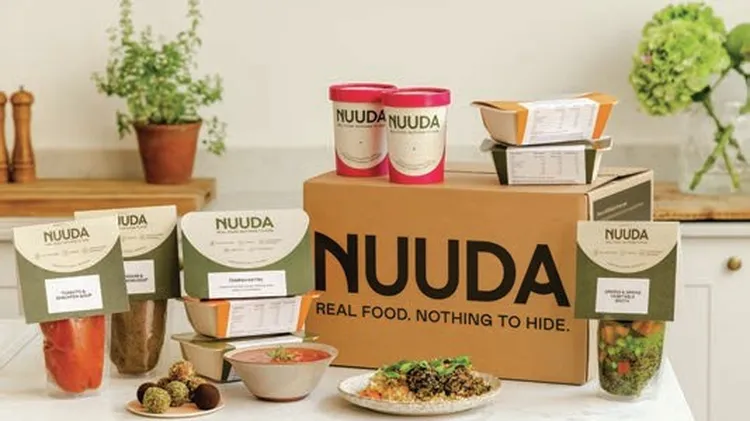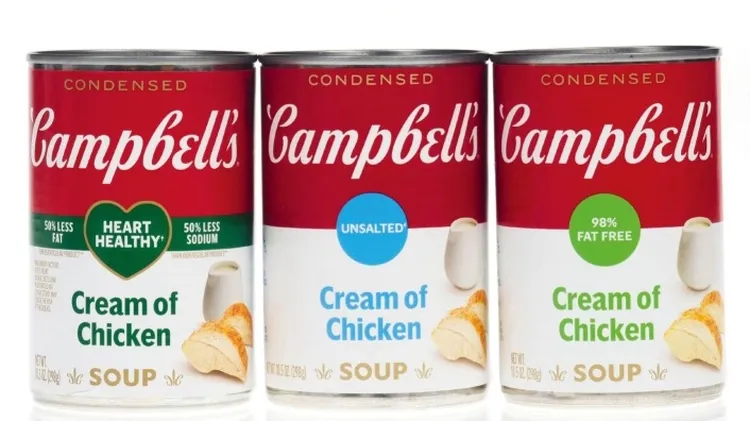...but does laboratory-grown meat have a brighter future? Alex R
The vegan food fad is over...
7 min read
This article is from...
Read this article and 8000+ more magazines and newspapers on Readly






